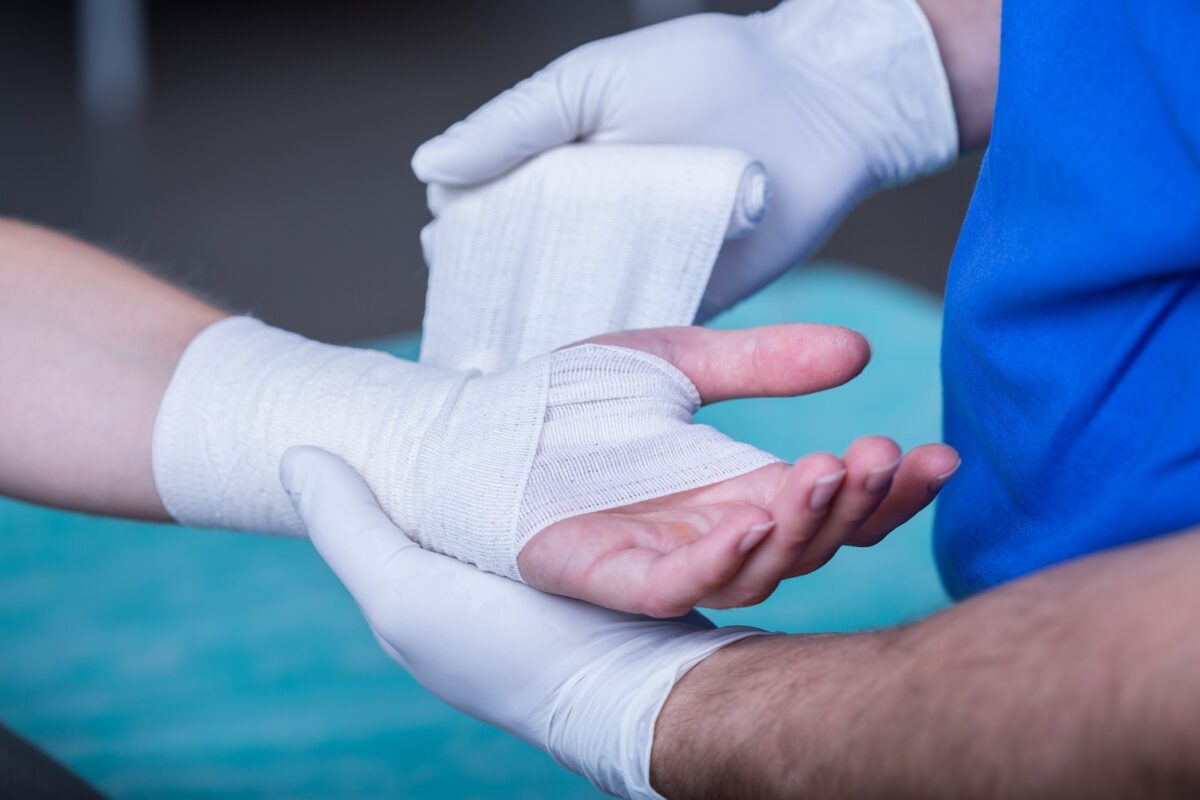Prepare for Your Orthopedic Surgery
If orthopedic surgery is a part of the treatment plan for your condition, it is important to prepare. Take an active role in your recovery by understanding the risks, the procedure, and post-surgery plan. This will also help you get back to your normal activities more quickly.
How to Prepare for Your Orthopedic Surgery
What Are the Risks of Surgery?
Though rare, all surgeries carry some risk. If complications occur, these are usually minor and easily treatable. Your physician will go over these risks with you before your orthopedic surgery and discuss your preferences for medical interventions. You will be asked to sign an informed consent, stating that you understand the benefits and risks of surgery, and give permission to have the procedure.
Do I Need Orthopedic Surgery?
While some orthopedic surgeries are optional, some are necessary to prevent further pain, damage, and deformity. However, it is important you feel comfortable with the surgeon’s recommendation for surgical intervention. Be informed about:
- Potential risks of surgery
- Benefits of surgery
- Expected outcome and results
- Anticipated recovery times
- Aftercare needs and therapies
- Consequences of delaying or not having surgical treatment
- Possible alternative treatments to surgery
What Is a Preoperative Consultation?
One of our surgeons at Fort Worth Hand Center will evaluate you to ensure that you are a candidate for orthopedic surgery, and do not have any physical conditions that will increase your risk.
- The surgeon will evaluate the orthopedic problem. Based on tests, imaging, previous treatments and symptoms, the doctor will determine if surgery is warranted.
- A thorough medical history and family history will be reviewed. This will include any allergies and sensitivities, as well as any previous reactions to surgery or anesthesia.
- Routine tests, such as blood work and x-rays, will be completed as required. Bring any records you have of previous labs, MRIs, x-rays, etc. pertaining to your orthopedic condition.
- It is important that you share any medications and supplements you are taking. Your physician will give instructions regarding any medications, such as anti-inflammatory and blood thinners, that should be stopped before surgery.
- Ask questions and share your concerns about surgery. Make sure you understand the risks, possible complications, and expected results from the procedure.
How to Prepare for Surgery?
Healthy choices and pre-planning will help make your recovery less stressful.
- If you are a smoker, cease or limit smoking to help reduce risks.
- Eat a well-balanced, healthy diet.
- Establish a regular exercise routine before surgery to help prepare your body.
- Report any new infections to your medical team. Infections will need to be treated and cleared up before any surgeries can take place.
- Plan for transportation to and from your orthopedic surgery. Also plan for any help needed with care, meals, etc. during recovery.
- Prepare your home. Make sure you have a comfortable and safe space with all the necessary and suggested items readily available.
- If pain medication prescriptions are given ahead of time, have them filled.
- Keep the site of the orthopedic surgery clean, and avoid cuts, bruising and trauma to the area. Follow any directives given by the physician and medical staff.

What Happens the Day of Surgery?
- Have someone available to take you home. You cannot drive for at least 24 hours after surgery.
- Do not drink or eat anything the morning of your surgery, or per your doctor’s instructions.
- Wear loose, comfortable clothing.
- Arrive at your assigned time to avoid delays.
- Bring your insurance card and identification. Leave jewelry and other valuables at home.

What to Expect After Surgery?
- After orthopedic surgery, you will be moved to a recovery room. You may have an ice pack on your surgery site, and the arm may be elevated.
- The medical staff will give you directives for post-surgery care (such as ice packs).
- Take pain medicine as directed. If you wait to take pain medication until the pain is severe, it will be harder to control the pain.
- Keep any dressings clean and dry. Follow directions from your surgeon regarding when you can shower.
- Have caretakers and visitors wash their hands frequently.
- Call our office to schedule any post-surgery appointments. You will get instructions for any required exercises and post-surgical therapy.
- Wait until you are hungry to eat. But try to have something light if you are susceptible to stomach sensitivity from medications.
- Allow yourself plenty of time to rest and recover.
- Call Fort Worth Hand Center with any questions or concerns.

What Happens at a Follow-Up Visit?
- Do not drive yourself to the appointment if you are still taking pain medication. Please make other arrangements for transportation.
- We will review the surgery findings and review a recovery plan and additional treatments/therapies.
- Your incisions will be inspected for healing and any signs of infection.
- Bring any questions and concerns with you that you would like to discuss.


